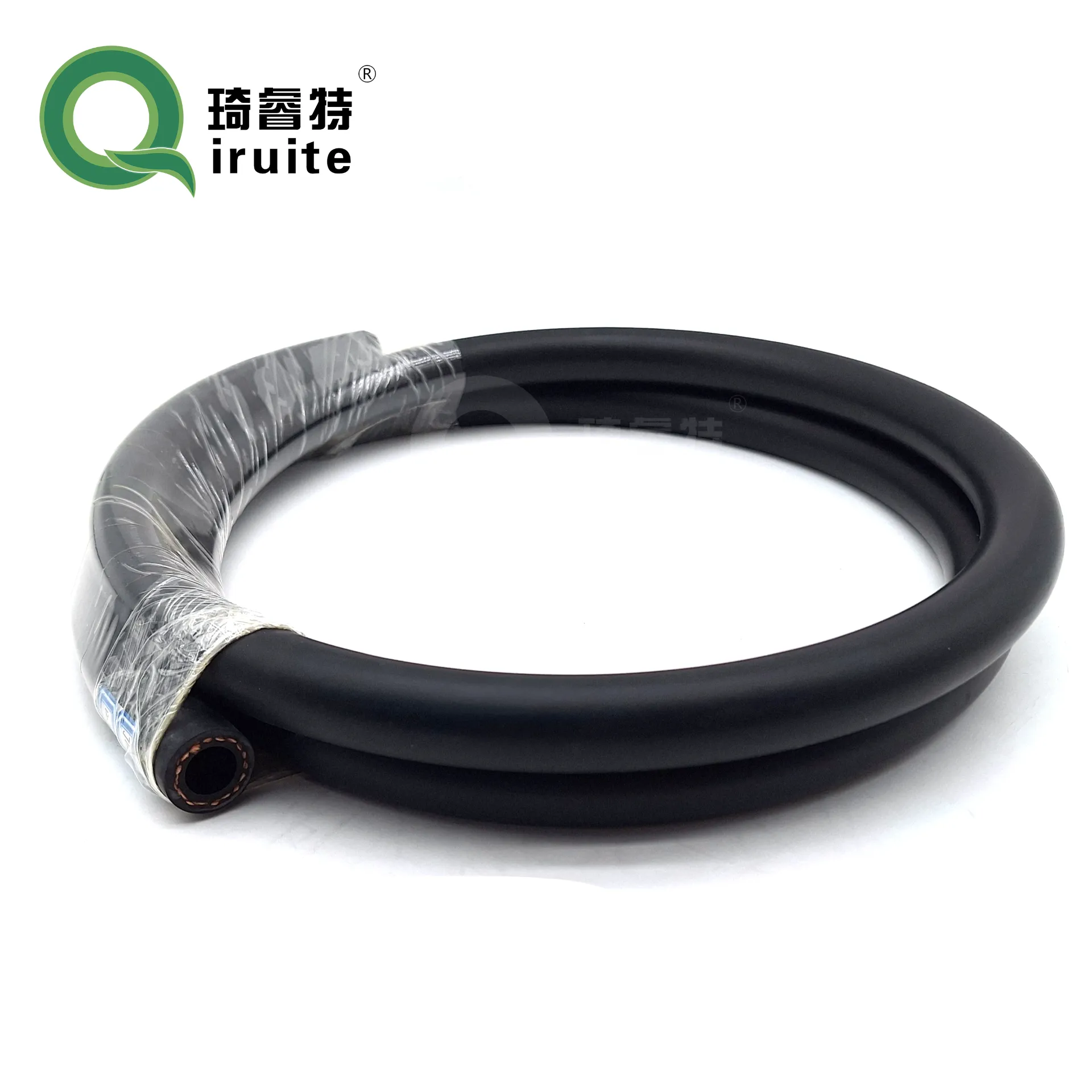ac pipe for car
The Role of AC Pipes in Automotive Air Conditioning Systems
In modern automobiles, comfort and convenience are paramount. One of the critical components that contribute to passenger comfort is the air conditioning (AC) system. Among the various components of the AC system, the AC pipes play a significant role in maintaining an optimal cabin temperature. This article explores the importance, function, and maintenance of AC pipes in cars.
Understanding AC Pipes
AC pipes are crucial for the proper functioning of an automotive air conditioning system. Their primary function is to transport refrigerant, a cooling fluid that absorbs heat from the interior of the vehicle and releases it outside. Typically made from materials such as aluminum or steel, these pipes are engineered to withstand high-pressure environments and extreme temperature changes.
Functionality of AC Pipes
The AC system comprises several key components the compressor, condenser, evaporator, and expansion valve. The AC pipes connect these components, ensuring the efficient flow of refrigerant throughout the system. Here’s a brief overview of how it all works
1. Compressor The cycle begins when the compressor compresses the refrigerant gas, transforming it into a high-pressure, high-temperature gas. This gas is then channeled through the AC pipes to the condenser.
2. Condenser In the condenser, the hot refrigerant gas is cooled and converted into liquid form. The AC pipes facilitate the transfer of the now-cool refrigerant to the expansion valve.
3. Expansion Valve The expansion valve allows the refrigerant to expand and cool further. The AC pipes carry this low-pressure refrigerant to the evaporator.
4. Evaporator Inside the evaporator, the refrigerant absorbs heat from the car's interior, creating a cooling effect. The cycle repeats as the refrigerant flows back to the compressor.
Common Issues with AC Pipes
ac pipe for car

Like any automotive component, AC pipes can develop problems over time. Common issues include leaks, blockages, and corrosion. A leak in the AC pipes can lead to a loss of refrigerant, drastically reducing the system's cooling efficiency. This can result in warm air coming from the vents, which is less than ideal on a hot day.
Blockages may occur due to contaminants or debris within the system. This can create pressure imbalances and result in inadequate cooling. Furthermore, corrosion can weaken the pipes, making them prone to leaks or failures.
Maintaining AC Pipes
Regular maintenance is essential to ensure the longevity and efficiency of AC pipes. Here are some maintenance tips
- Regular Inspections Having the AC system inspected by a professional can help identify potential issues early on. Technicians can check the integrity of the pipes and the overall efficiency of the system.
- Cleaning the System Over time, contaminants can accumulate in the AC system. Professional cleaning can help restore the system's performance and prevent blockages.
- Refrigerant Recharge Periodically checking and recharging the refrigerant ensures that the system operates optimally. Low refrigerant levels can lead to inadequate cooling.
- Addressing Issues Promptly If you notice any changes in the air conditioning performance, such as unusual noises, poor cooling, or visible sign of leaks, it’s crucial to address these issues immediately to prevent further damage.
Conclusion
AC pipes are vital for the efficient operation of automotive air conditioning systems. They facilitate the movement of refrigerant, ensuring that vehicles remain comfortable regardless of external temperatures. Regular maintenance and prompt attention to any issues can enhance the performance and lifespan of the AC system, allowing drivers and passengers to enjoy a pleasant journey.
-
Ultimate Spiral Protection for Hoses & CablesNewsJun.26,2025
-
The Ultimate Quick-Connect Solutions for Every NeedNewsJun.26,2025
-
SAE J1401 Brake Hose: Reliable Choice for Safe BrakingNewsJun.26,2025
-
Reliable J2064 A/C Hoses for Real-World Cooling NeedsNewsJun.26,2025
-
Heavy-Duty Sewer Jetting Hoses Built to LastNewsJun.26,2025
-
Fix Power Steering Tube Leaks Fast – Durable & Affordable SolutionNewsJun.26,2025

